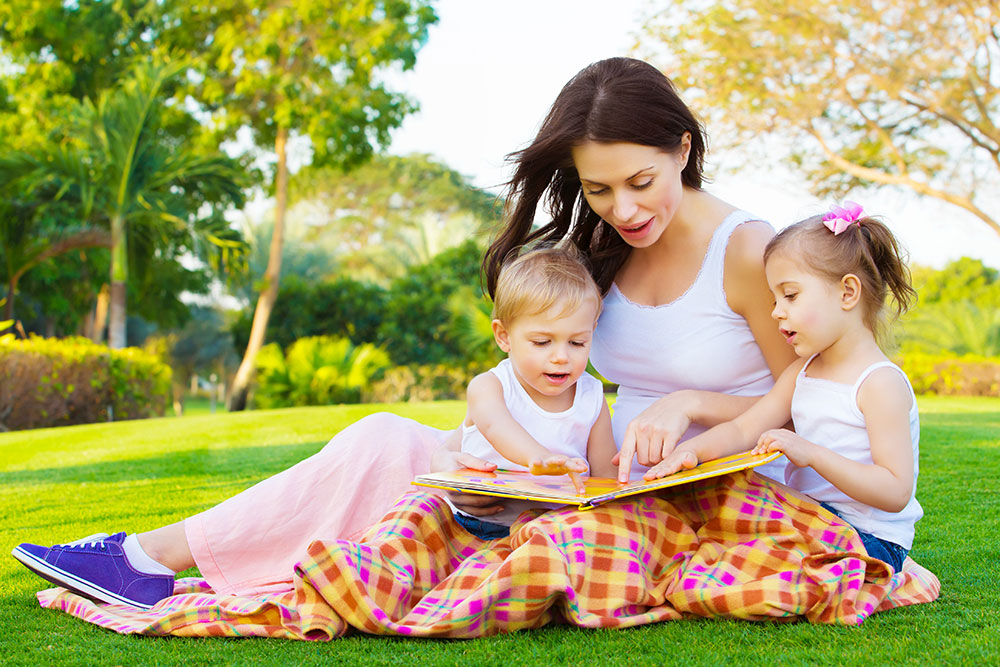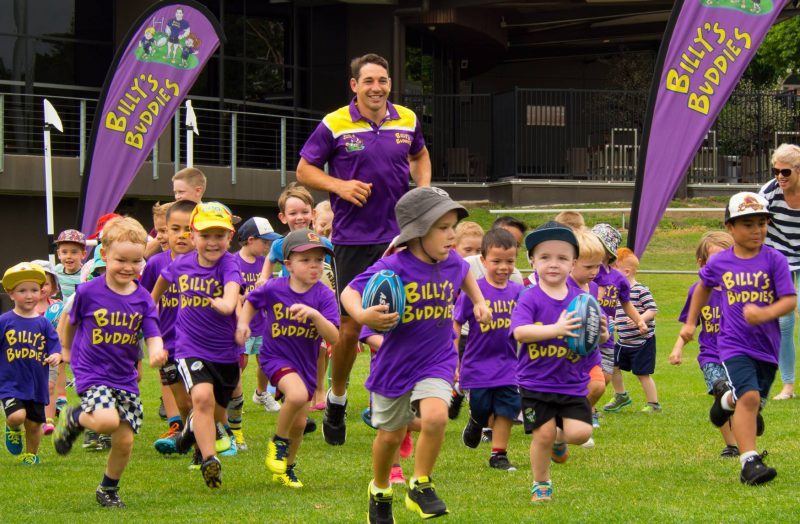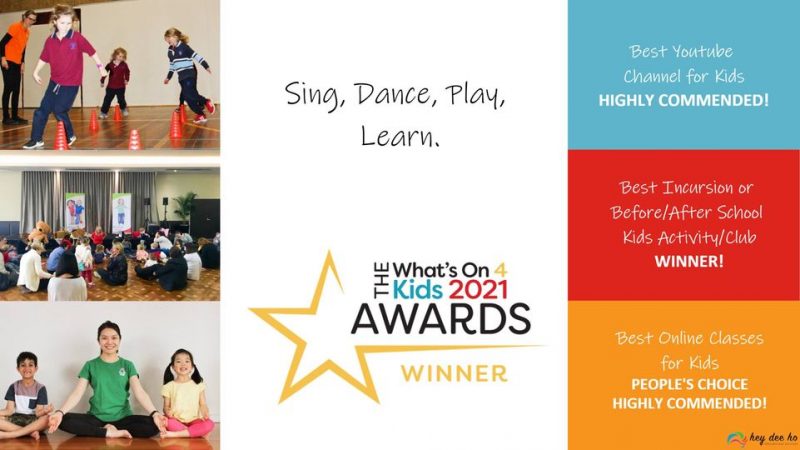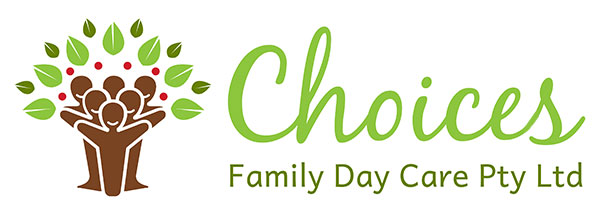Choices Early Learning Programs
Each of the following programs are an integral part of our practices :-
Backchat Speech Pathology
Our service recognizes that Language development supports a child’s ability to communicate, and express and understand feelings. It also supports thinking and problem-solving, and developing and maintaining relationships. Learning to understand, use and enjoy language is the critical first step in literacy, and the basis for learning to read and write.
BackChat Speech Pathology specialises in working with children with language, literacy and learning difficulties. BackChat’s area of focus is working with students presenting with Working Memory-based learning issues, A.D.D and A.D.H.D.
Educators, Parents and staff have embraced our Backchat Speech Pathology Program. Our service works closely with the BackChat’s professional consultation team.

Abecedarian Approach
Research has shown that when the AAA program is delivered in the first 5 years of life, it could create a future where previously vulnerable children succeed and thrive in school. The Abecedarian Approach places a priority on children’s language acquisition, because research shows that language is key to children’s early learning and school readiness. That’s because language allows children to organise their thoughts and explain their ideas, giving them the ability to express their feelings, and the tools they need to make connections with those around them.
The main areas of focus for Abecedarian techniques are the use of: : learning games, conversational reading, enriched caregiving, and language priority. These techniques support children to create bonds and attachment with adults from ages 0-1, feel secure and know they’re supported when exploring the world from ages 1-3, and use play to explore from ages 3-5. The tools also support healthy emotional, social, and cognitive development in children and babies.
Abecedarian resources available for parents and educators:
- Learning Priority Family Booklet
- Learning Games Family Booklet
- Conversational Reading Family Booklet
- Enriched Caregiving
“AAA about supporting our families to have more adult-child interactions which are key to development, attachment, child self-esteem, and sense of worth. This allows children to build a secure base for future growth” – Susan Cary, Partnerships and Innovation Officer, Queensland Department of Education & Training.

Let's Count
Let’s Count is an early mathematics program for children aged three to five, developed by The Smith Family and Professor Bob Perry from Charles Sturt University and Associate Professor Ann Gervasoni from Monash University.
Through this program, we support parents and our educators to develop the maths skills of the children in their care by noticing, exploring, and talking about numbers, counting, measurement and patterns in their daily lives.
Nature Play
We have seen and measured improvements in inclusion as Educators are bringing nature and fun back to their children’s play spaces. Educators are encouraged to incorporate natural elements into their program including sand and mud, water, stones, rocks, wood and the wide open spaces.
Through Nature play we see creativity and resilience in children in action, as children are encouraged to use natural play spaces. This has resulted in significant benefits to children that extend to all areas of children's learning and wellbeing: physical, cognitive, social and emotional, and overall wellbeing.
Current research tells us that when children are introduced to nature at a young age they build that connection to the earth and learn to respect nature and animals. The more technology that is introduced to children the more we need to balance that with time spent in nature. Research is telling us, that Children that spend large amounts of time in nature are arriving at school with strong social skills, great thinking and problem solving skills and more confidence.
Summary of key benefits of Nature Play
- Research has shown that Children who play regularly in natural settings are sick less often. Mud, sand, water, leaves, sticks, pine cones and gum nuts can help to stimulate children's immune system as well as their imagination.
- Children who spend more time outside tend to be more physically active and less likely to be overweight.
- Children who play in natural settings are more resistant to stress; have lower incidence of behavioural disorders, anxiety and depression; and have a higher measure of self-worth.
- Children who play in natural settings play in more diverse, imaginative and creative ways and show improved language and collaboration skills. Single use, repetitive play equipment becomes boring quickly.
- Natural, irregular and challenging spaces help kids learn to recognise, assess and negotiate risk and build confidence and competence.
- Children who play in nature have more positive feelings about each other.
- Bullying behaviour is greatly reduced where children have access to diverse nature-based play environments.
Symptoms of Attention Deficit Disorder are reduced after contact with nature


School Readiness
Research has shown that a positive start to school will help children develop a lifelong love of learning. A successful transition to school is more than a great first day. It’s about children feeling welcome, safe and confident in their new school environment. This journey begins well before children start school and only ends when they feel a sense of belonging.
Our services play an active part in helping children successfully transition to school. The first five years of a child’s life are characterised by rapid growth and development. The learning pathways laid down in these early years form the foundation for future learning and life outcomes.
Children are more ready to learn and more readily adapt to, and accommodate the practices of, a new setting when relational, procedural and pedagogical continuity links their prior experience with new understandings.
Effective learning usually occurs over time as children practise and master new skills, concepts and techniques. It is rare that significant learning just “happens”; new learning typically builds on previous knowledge and experience. For this reason, effective learning environments plan for and build in continuity, predictability and repetition.

Billy's Buddies
Award-winning Billy’s Buddies is inspired by Billy Slater – former Melbourne Storm, Queensland and Australian Rugby League representative. We are a Ball Sports Program for kids aged 2-6 and are the home of Non-Contact Rugby League for children. At Billy’s Buddies, we love all sports, not just Rugby League.
Our Programs emphasize having fun and encourage children to develop their social skills all whilst at the same time, teaching them the fundamentals of not only Rugby League, but ball sports in general. Like Billy, we want all of our children to become great team players and learn the importance of teamwork.
Billy’s Buddies was announced Best National Preschooler Activity for children aged 3-5 at 2019 What’s On 4 Kids Awards!

Hey dee ho
Hey dee ho educational services have been providing specialist educational programs for babies, toddlers and pre schoolers since 1987.
With over 30 years experience in the early childhood education sector, we are continually ensuring our programs are innovative and reflect best practice. Entertaining and engaging, each of our programs meet industry compliance requirements ensuring our services stand out from the rest.
Recognising the need to promote healthy lifestyles and varied activities, we have partnered with industry experts to develop our extensive portfolio of programs including: hey dee ho music, hey dee ho active 8, fun-key music, fun-key yoga and the Fiction Factory. Our diversity of programs provides a comprehensive enhancement programming schedule to early learning services and supports many of the developmental needs of children.

